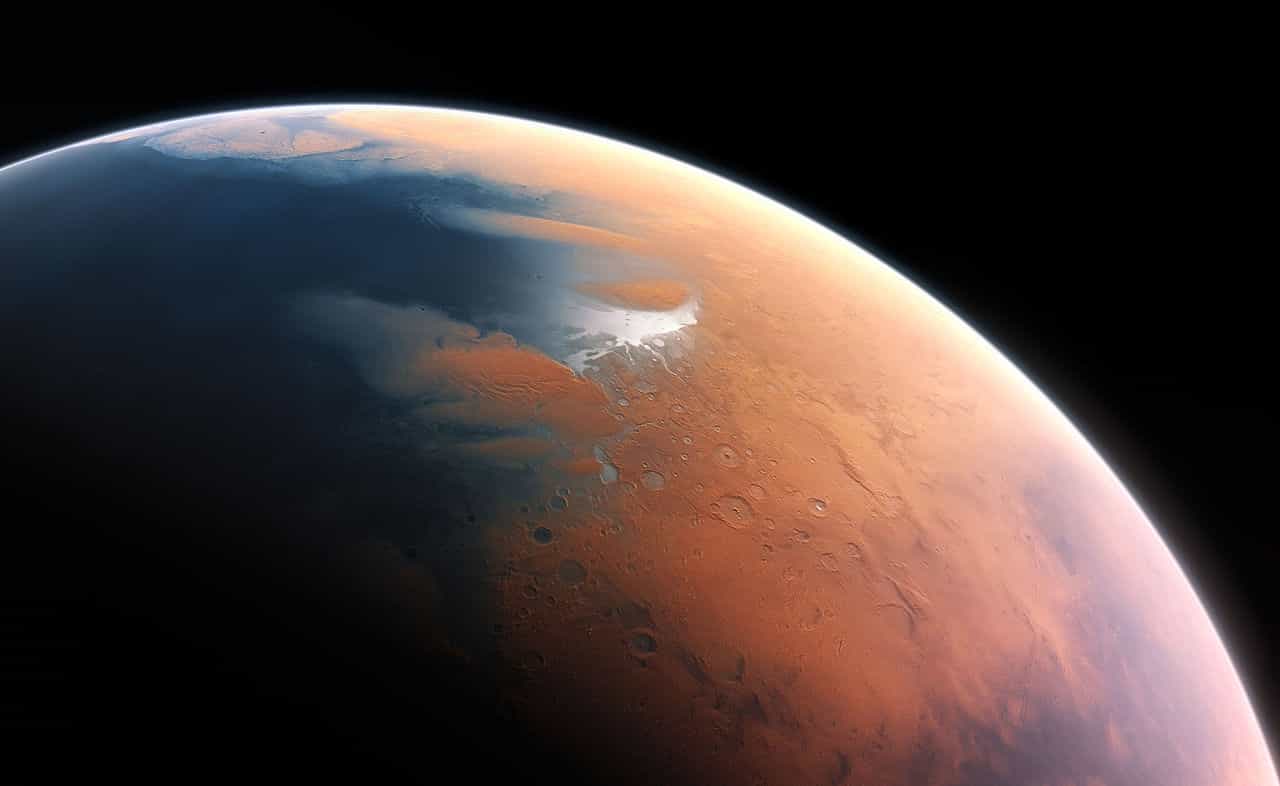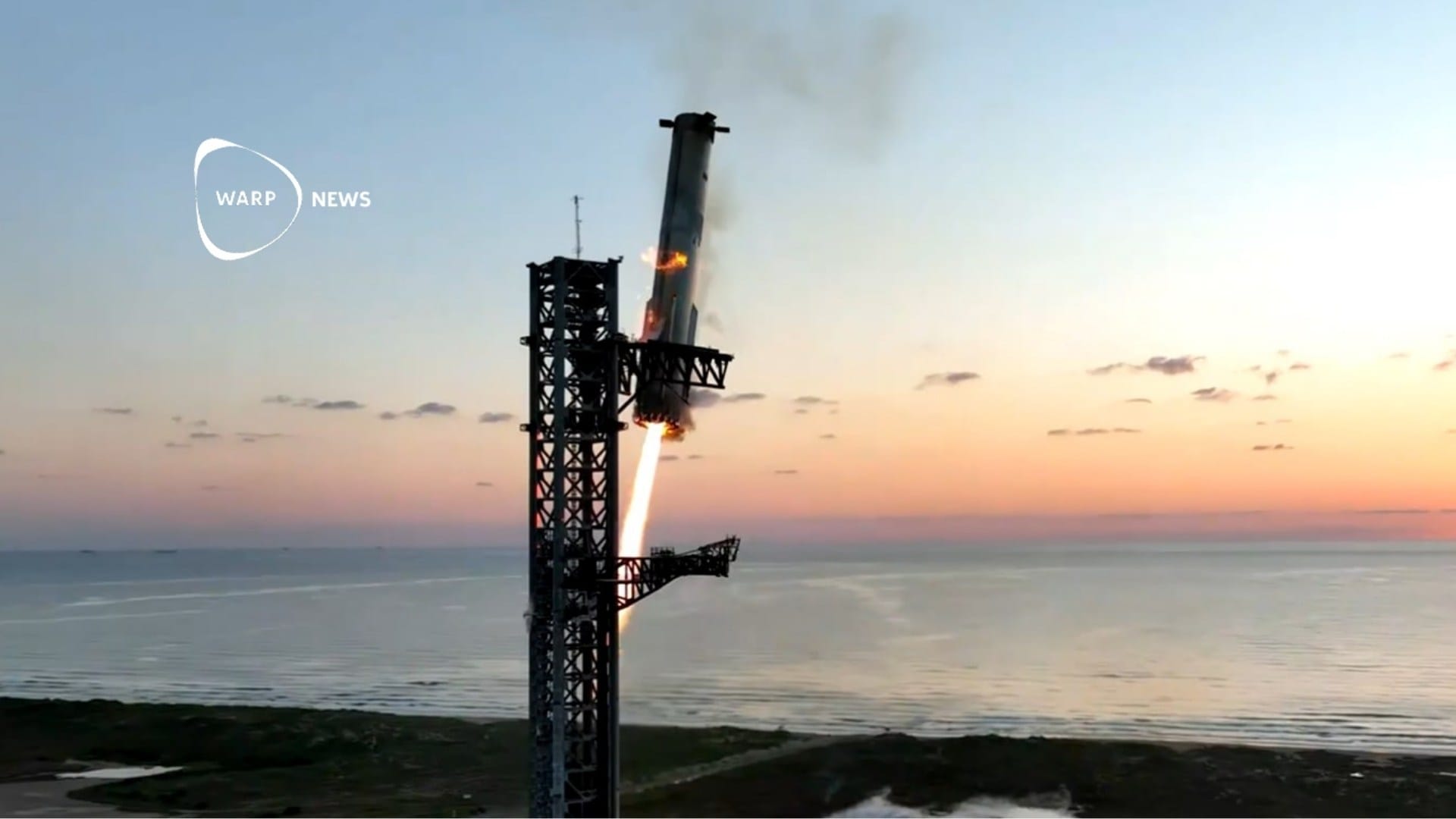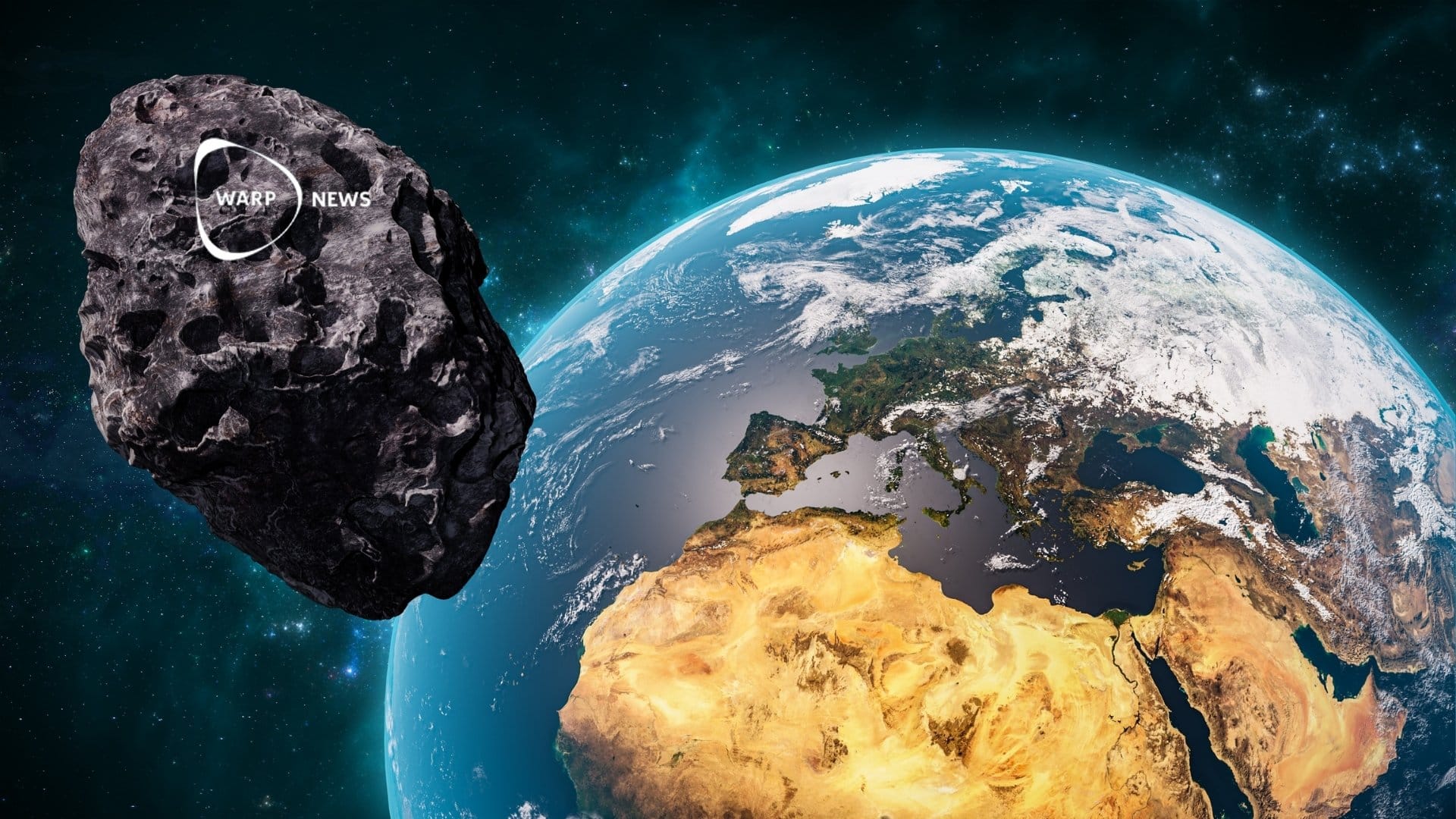
🛰 The Value of Space Exploration
Those who think the new space race is about billionaires wasting money have no clue about the value of space exploration. The future of humanity is out there, writes Alexander Engelin.
Share this story!
Earlier this year, both Richard Branson and Jeff Bezos launched their own spacecraft, which was met by a variety of reactions. Space enthusiasts such as myself found it incredibly exciting. It was two small launches among the countless others, perhaps, but also a giant leap for the future of space exploration. The attention of the masses returned, and civilians have now crossed the border of our atmosphere.
Many were, however, highly critical, wondering how these wealthy people can be endorsed while striking their own ego or wasting money on the latest trend for the absurdly rich instead of using all that money to make the world a better place. Such critique of space exploration is not new, but due to the circumstances of these launches, it was louder than usual. This seems like a great point to stop and ask oneself: What is the value of space exploration?
The lowest hanging fruit for endorsing space exploration may be that it is awesome – because it seriously is! Today most people are so used to the fact that humans have been and are constantly out there that we take it for granted.
We don't realize what an incredible achievement it actually is that a bunch of primates managed to exit the planet they were born on, nonetheless that we have a rover on Mars or that satellites have actually left the solar system.
Return on investment
However, more incredible is that this is not where the main value of the space endeavors comes from. The main value comes from the kind of investment that space exploration is. NASA alone is estimated to have an 800 percent return on each dollar put into the organization.
Even if this takes a turn for the worse, the fact that more people and organizations are involved in these activities will likely continue to benefit the economy and humanity at large. More likely, it will increase the value of space as the new space race will increase innovation.
What space race?
The new space race is referring to the new spark in space exploration – putting humans on Mars. In 2012 MarsOne entered the scene declaring their plan to colonize the red planet. According to journalist Jonathan O’Callaghan’s article in Forbes magazine, it was nothing but a fake mission, fooling the entire world.
Regardless of genuine intentions or not, today, the plans to send humans to Mars are very real. Just the other day, NASA posted an article stating that they are looking to recruit people for a one-year-long Mars simulation – clear proof that the plans are very real.
Similarly, SpaceX has also announced that they intend to put humans on Mars’ surface; and following the track record of Elon Musk, it is safe to assume that in due time they will. The space race is back on, and this time, we are aiming for something bigger.

So what is the value of putting people on Mars?
This takes us back to the return on investment since not everyone would agree that these kinds of scientific endeavors have a value of their own.
To see how they benefit us, one does not need to look far from one’s own life. The innovation that comes from space exploration tends to obey the law of gravity and find its way down to us here on Earth. In fact, the laptop I am writing this article on is a result of space travel, as are artificial limbs and CAT scans, to name a few. In other words, space travel has actually helped save lives, and in cases where it has not saved them, it has at least increased their quality immensely.
Making such an extreme trip as going all the way to Mars will certainly push the limits of technology even further, as even greater challenges than before lie ahead.
Rest assured, it will not take long before those inventions or innovations reach us here on Earth, possibly saving even more lives than the previous ones.

Human survival in the long run
Lastly, from a bigger perspective, human presence on other planets may – no, will – be crucial for the survival of the species in the long run. I am not talking about climate change or anything of that sort, but rather about the fact that we will need a planet B at some point.
If it is not because of an asteroid or some other immediate threat, and we manage to stick around long enough, our very own source of life – the sun – will come for us.
As the sun increases in size, Earth will become uninhabitable. When that happens, we will need somewhere to go, and terraforming is a slow process. The chances are that life on Earth is the only, or one of the few, samples of life in the entire universe – at least that is technology savvy enough to outlive our own planet. And after all, is survival not the foundational meaning of life?
By becoming a premium supporter, you help in the creation and sharing of fact-based optimistic news all over the world.


